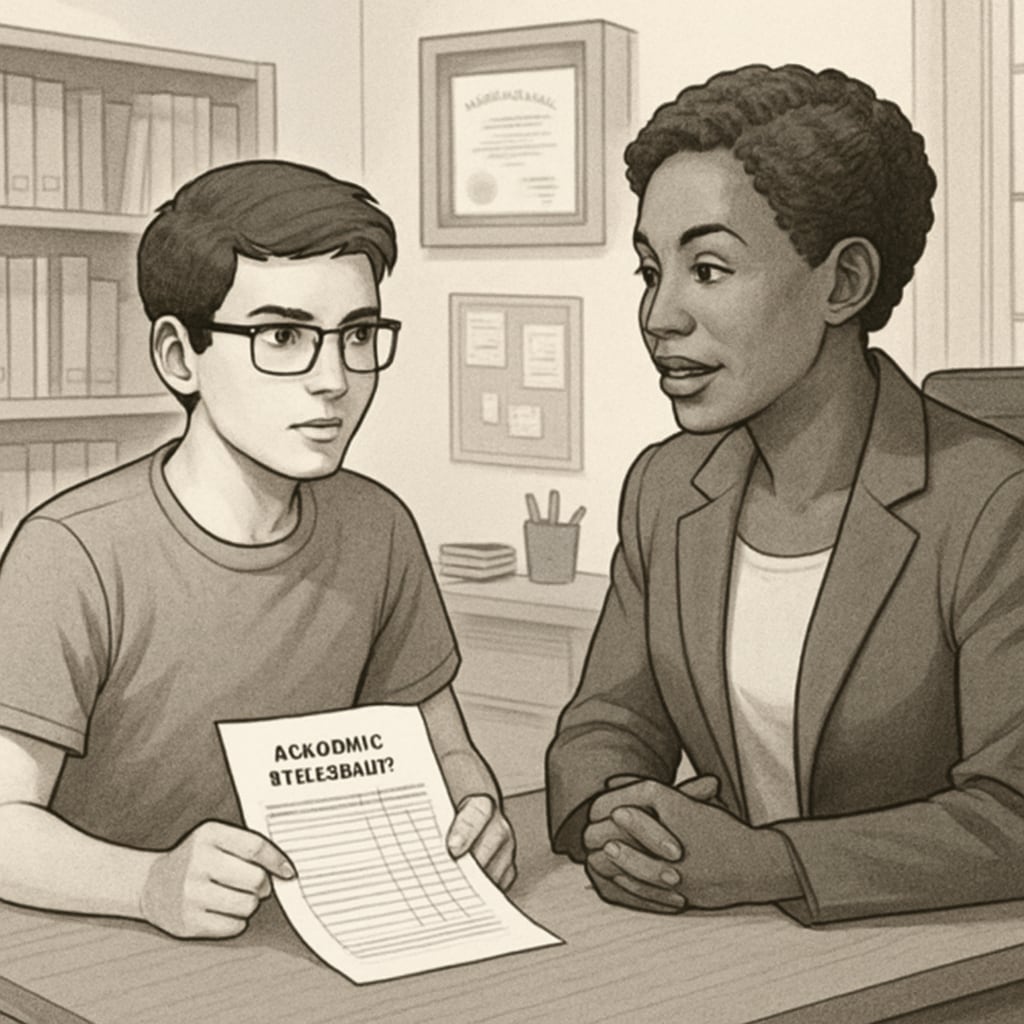Struggling with credit deficiency in high school can be a challenging and overwhelming experience. However, many students find themselves in this situation due to various reasons, such as missing classes, failing courses, or transferring schools. While the issue may seem daunting, it is entirely possible to recover lost credits, catch up academically, and graduate on time. With systematic planning, alternative solutions, and a positive mindset, students can overcome this hurdle and turn their high school journey into a success story.
Understanding the Credit Deficiency Crisis
Before exploring solutions, it’s important to understand why credit deficiency occurs. High school credits are earned by successfully completing courses, and these credits are essential for meeting graduation requirements. Missing credits can result from failing grades, excessive absences, or not enrolling in the required classes. Additionally, students who transfer between schools may face mismatched credit systems, making it harder to stay on track.
If you find yourself in this situation, the first step is to assess the severity of your credit deficiency. Speak with your school counselor to review your academic transcript and identify the specific areas where you are lacking. This will give you a clear picture of how many credits you need and which subjects require immediate attention.

Practical Solutions to Catch Up on Credits
Once you know where you stand, it’s time to create a concrete plan to recover your lost credits. Here are some effective strategies:
- Summer School: Enroll in summer school programs offered by your district. These compressed courses allow you to earn credits in a shorter timeframe.
- Online Courses: Many accredited online learning platforms offer flexible credit recovery options. These can be completed at your own pace and are especially useful if you need to balance other responsibilities.
- Credit Recovery Programs: Some schools provide special programs designed for students to retake failed classes or complete courses they missed. Check with your counselor to see if your school offers this option.
- Community College Courses: High school students may be eligible to take specific courses at local community colleges, earning both high school and college credits simultaneously.
- Independent Study: If traditional class settings don’t work for you, inquire about independent study programs that let you work one-on-one with an instructor.
It’s also essential to prioritize your workload. Focus on core subjects like math, science, English, and social studies, as these are typically required for graduation. Additionally, maintain regular communication with your teachers and counselor to monitor your progress and adjust your plan as needed.
Staying Motivated During the Journey
Recovering from credit deficiency is not just about academics; it also requires resilience and a strong mindset. Here’s how to stay motivated:
- Set Short-Term Goals: Break down your credit recovery plan into smaller, manageable steps. Celebrate each milestone to keep yourself motivated.
- Find a Support System: Lean on family, friends, teachers, and peers for encouragement. Surrounding yourself with positive influences can make a big difference.
- Develop Time Management Skills: Balancing extra coursework with your regular school schedule can be challenging. Use planners and apps to stay organized and avoid procrastination.
- Maintain a Healthy Lifestyle: Don’t neglect your physical and mental health. Get enough sleep, eat nutritious meals, and take breaks when needed to avoid burnout.

Looking Ahead: Preparing for Graduation
As you work towards catching up on credits, it’s important to keep your ultimate goal—graduation—in sight. Stay informed about your school’s graduation requirements and deadlines. If you’re unsure about anything, don’t hesitate to ask your counselor for clarification.
In addition, start thinking about your post-graduation plans. Whether you’re aiming for college, vocational training, or entering the workforce, having a clear vision for your future can inspire you to stay focused on your goals. Use this time to explore scholarships, internships, or extracurricular activities that align with your aspirations.
Remember, overcoming credit deficiency is a challenge, but it’s also an opportunity to build resilience and develop skills that will serve you well beyond high school. With determination, hard work, and the right support, you can turn this setback into a stepping stone for success.
If you’re ready to take control of your academic journey, start today. Reach out to your school counselor, explore your options, and create a plan that works for you. Graduation is within your reach!
Readability guidance: This article uses short paragraphs and bullet points to ensure clarity. It incorporates transitional words to guide readers through the content and minimize passive voice usage. The strategies provided are actionable and easy to understand, making the article accessible to high school students and their families.


